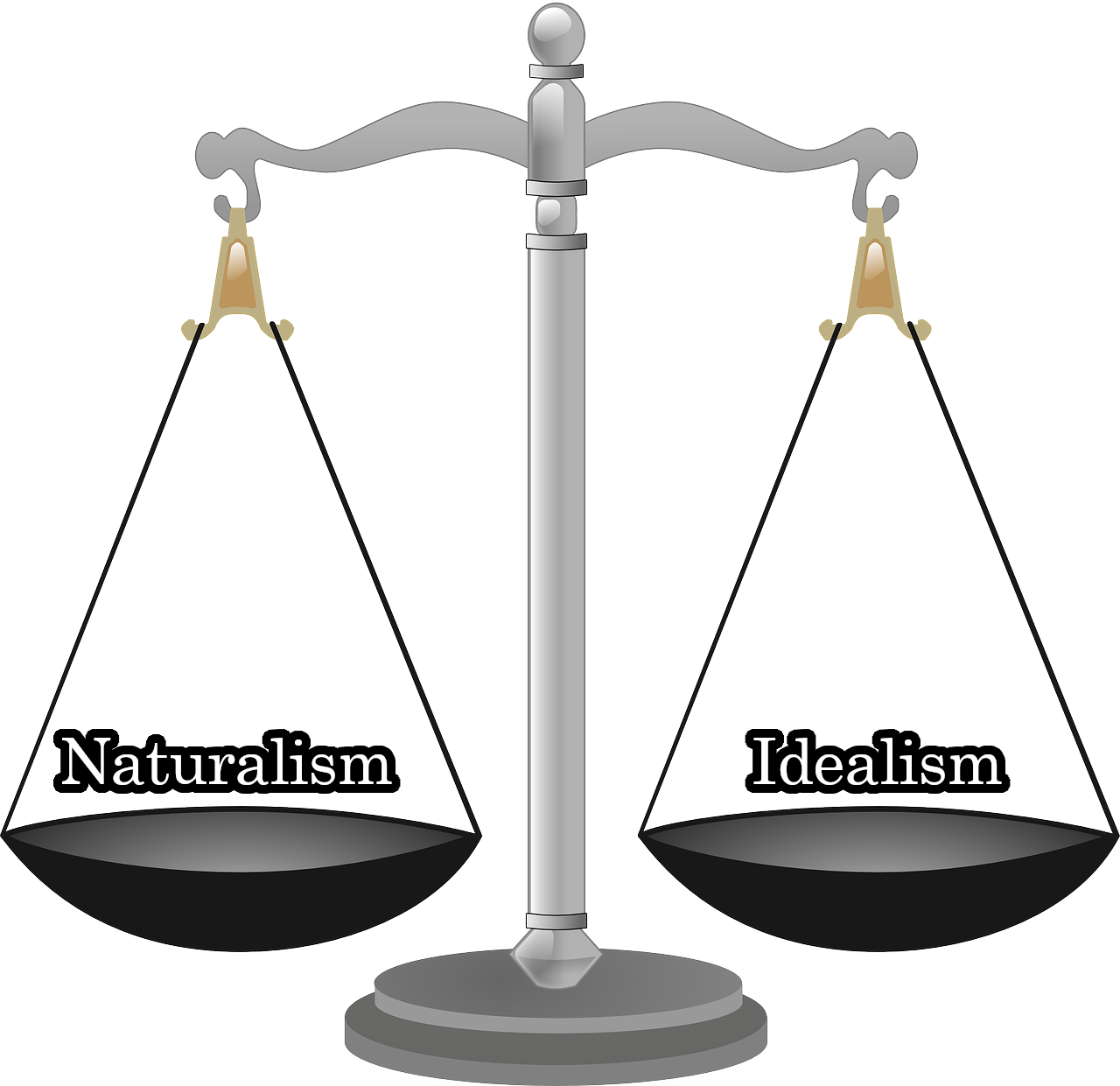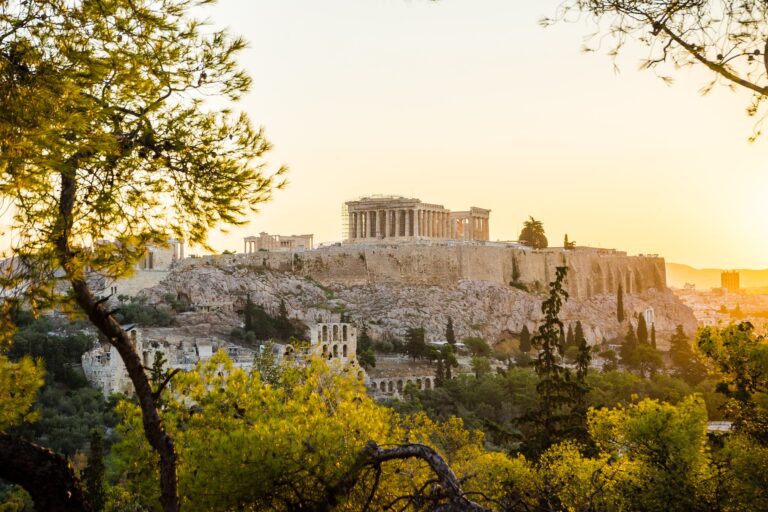
We all know that philosophy has been around for a long time boasting a proud rich history dating back thousands of years. And from those thousands of years ago were the ancient civilizations which kindled the early discussions related to ethics, reality, and the meaning of life. But there is one battle within the philosophical arena that’s been banging on since Ancient Greece, and continues to be one area of real contention to this day: that between the naturalists and the idealists.
Just to clarify, naturalism is the view that the natural world, including human beings, can be fully understood through scientific investigation and is governed by natural laws. On the other hand, idealism is the belief that reality is ultimately mental or spiritual in nature and that the material world is an illusion. This ongoing debate has taken different forms throughout history and continues to be an area of lively philosophical discussion to this day!
But yes, it’s from the ancient Greeks that we see the seeds of this chronic battle begin. It was Democritus and later the Epicurean schools that came after that championed the worldview of materialism, and in the opposing camp comes the idealist perspective, which can be traced back to the works of ancient Greek philosopher Plato, who believed that the physical world was an imperfect reflection of a higher, non-physical realm of forms.
Naturalism and idealism are both grand philosophical positions that are concerned with the nature of reality and our understanding of the world around us. However, they take fundamentally different views on these questions, which leads to a number of areas of contention between the two positions. Some of the key areas of contention between naturalism and idealism include:
- The nature of reality: Naturalists argue that reality is comprised solely of physical matter and energy, while idealists argue that reality is mental or spiritual in nature.
- The role of the mind: Naturalists see the mind as a product of the physical brain, while idealists see the mind as a separate, non-physical entity that has a significant impact on our perception of reality.
- The relationship between mind and matter: Naturalists argue that the mind is a product of physical processes in the brain, while idealists argue that mind and matter interact in a more complex and interdependent relationship.
- The limits of scientific explanation: Naturalists argue that science is the best way to understand the world, while idealists argue that there are aspects of reality that cannot be fully understood through scientific investigation.
Out of the list just given, there is one main area of controversy between these two viewpoints, that which centers on the nature of consciousness and the relationship between the mind and the physical world. Materialists argue that consciousness is a byproduct of physical processes in the brain and that mental states can be explained by the functioning of the nervous system. On the other hand, idealists believe that consciousness transcends the physical realm and that the mind is not reducible to matter. The relationship between the mind and matter and the limits of scientific explanation are central to both the debates between naturalism and idealism and the debates between atheism and religion.
Due to the fundamentally different views of reality that naturalists and idealists hold it’s quite difficult to find common ground or to make concessions to each other’s positions, which is why the battle still rages on, from bearded, toga clad wise men arguing in the agora to spectacled university professors banging on podiums echoing through university lecture halls. To this day and we can plainly see that the debates between modern atheism and religion can certainly be seen as part of the broader philosophical discussion about the nature of reality and our understanding of the world. Many of the issues that are central to the debates between naturalism and idealism find their expression between the debates between atheism and religion.
As our understanding of the world continues to evolve and new perspectives emerge, the timeless philosophical debate between naturalism and idealism persists. This debate has taken on new forms in the modern era, manifesting in the ongoing discourse between atheism and religion. Despite the passing of thousands of years, the fundamental questions at the core of this debate remain as relevant today as they were in Ancient Greece.
What is reality? What constitutes our understanding of the world? These are questions that have challenged philosophers for centuries, and continue to drive the conversation between naturalism and idealism. And in the modern era, these questions are refracted through the lens of atheism and religion, adding new layers of complexity to an already rich and diverse philosophical landscape.
In signing off I will say that the philosophical debate between naturalism and idealism is a testament to the enduring power of ideas and the insatiable human desire to understand the world around us. Whether expressed through the lens of ancient philosophy or modern discourse, this battle between naturalists and idealists continues to captivate and challenge us, pushing us to delve deeper into the nature of reality and our place in the world.

